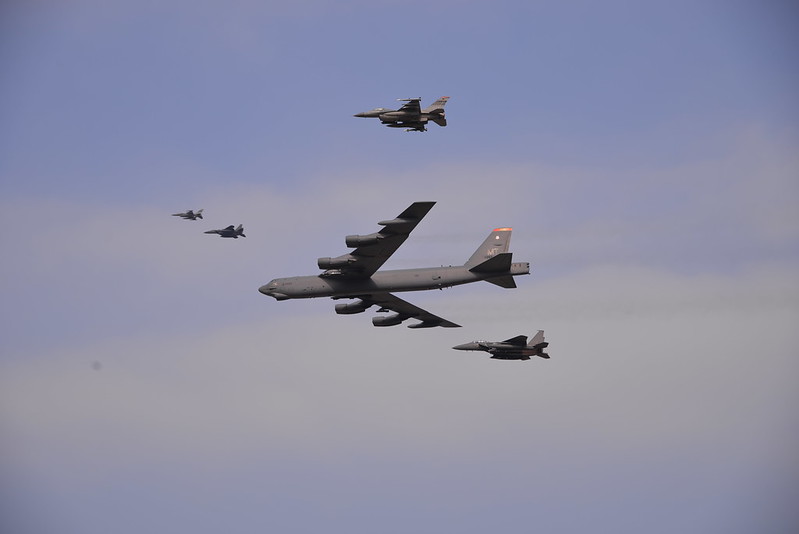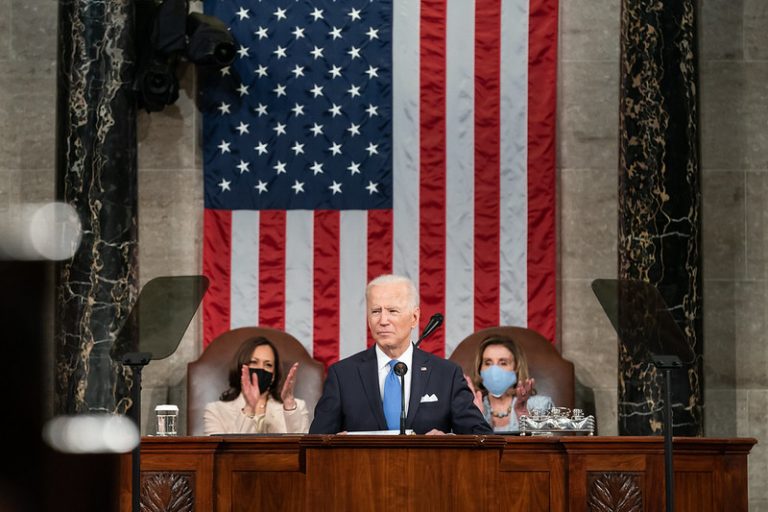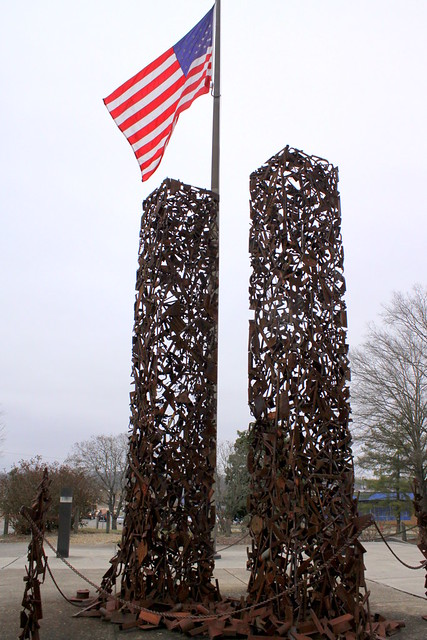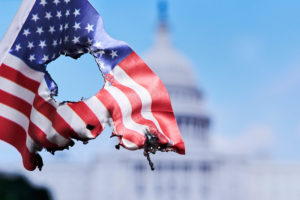Letter from La Vigie, dated 15 November 2023
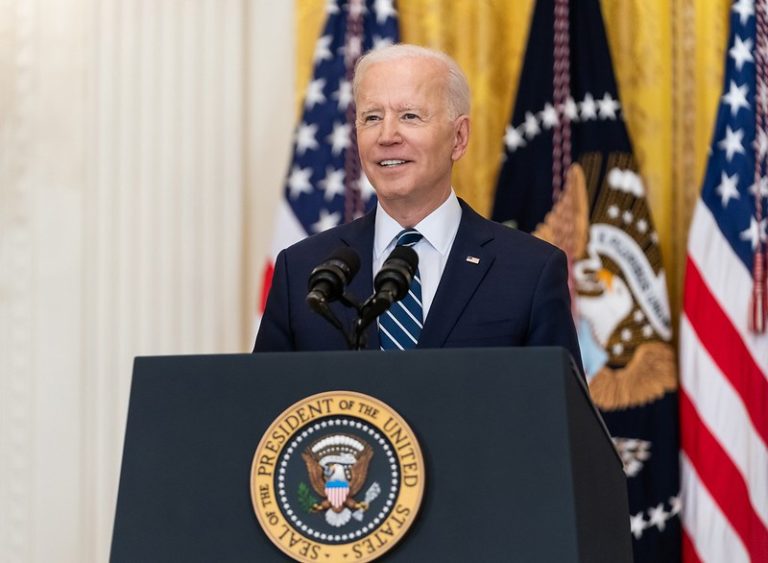
The United States and the new world
Faced with the upheavals underway, America is redefining its priorities. Despite its domestic political difficulties, and backed by a buoyant economy, it is returning to the Middle East, closing the Ukrainian question and renewing its ties with China. This pragmatism should come as no surprise, but we need to draw the consequences.
To read the article, click here
Strategic issues for the seabed
The seabed, whose relatively long-standing exploitation has been facilitated by the implementation of the United Nations Convention on the Law of the Sea, is becoming a major strategic territory. With the growth in economic activity and the energy and digital transitions underway, they are home to critical infrastructures that need to be able to monitor them and intervene if necessary.
To read the article, click here
Lorgnette: Spanish turmoil
Spanish politics never ceases to surprise us. After a party of vacuums (LV 180), the Catalan question is back (LV 94). Last May, the Left in power (LV 117) suffered a debacle in the local elections. P. Sánchez decided to dissolve the assembly and won his gamble in the July elections, where his party held its own. But to stay in power, he needed to secure a majority, which he could only find among the independentists, particularly the Catalans. This agreement was reached on 9 November in exchange for a highly controversial amnesty law, which allows Catalan leader C. Puigdemont, who has been in exile (on the run) in Brussels since 2017, to return to the country. In 2017, the country experienced one of the worst political crises in its modern history (LV 80).
However, Mr Sánchez did not come out on top, and if he is able to reach this agreement, it is because the right-wing leader, A. Feijóo, was unable to build a coalition. So here we have the PSOE, a weakened party, which only manages to find a coalition in a minority situation by reviving the question of independence.
Unsurprisingly, demonstrations organised by the right have multiplied since the announcement of the agreement. Spain is set for another troubled period.
Subscribers: click directly on the links to read online or download the pdf issue (here), always with your login/password. New readers: read the article by issue, by clicking on each article (€2.5), or subscribe (discovery subscription €17, annual subscription €70, orga. subscription €300 excl. tax): here, the different options.
JOVPN

